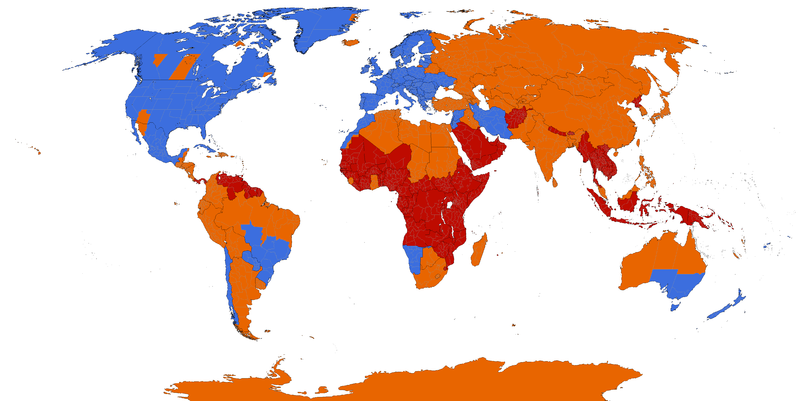What is the use of daylight saving time and how much does switching from standard time to daylight saving or civil time save in a month or a year? What are the advantages and disadvantages and how does it work? Why are the days getting longer and saving on the electricity bill? How do you help the environment? When the clock moves in 2021: dates, times, news abolition of the European Union.

What is daylight saving time and what is it for
L’daylight savings time is the convention of move the hands of the clocks one hour forward to take advantage of the hours of greatest light in the summer
Also called conventional civil time, was introduced in Italy the first time in 1916 for war reasons, then suspended between 1920 and 1940.
Reintroduced in 1966 with the intention of using more hours of light and thus having a energy savings, going from UTC +1 (winter daylight saving time) to UTC +2 where CET stands for Central European Time or Time for Central Europe.
Read also: Laminate parquet: advantages and disadvantages
Obviously not being able to change the hours of light, the change of daylight saving time acts on the life cycle leading us to live more daily during the hours of light, which would normally be lost in the traditional hours of sleep 23:00 – 7:00 in the morning.
The change takes place in the spring of each year, i.e. on the last Sunday of March, by moving the hands of the clock forward from 02:00 to 03:00.
Advantages of summer time
By doing so we will sleep an hour less, but we will use that extra hour of light to save electricity in the following months, with an interesting saving in the bill.
The light will be exploited from dawn. The sun rises long before 7am and our daily activities will enjoy persistent sunlight.

Ecological impact of summer time
The lower energy demand for light also has an impact on ecology: in fact there will be fewer carbon dioxide emissions for the production of electricity.
It is estimated nearly 300 million tons of carbon dioxide saved in Italy alone.
When will daylight saving time be in 2021?
L’summer time 2021 will enter in effect Sunday 28 March, when at 2.00 hours in the morning we will move the hands of one hour ahead, thus becoming 3.00 in the morning.
You may be interested in: Floating parquet: advantages and disadvantages
Daylight saving time will remain in force until October 31, 2021, when always in the night, precisely at at 3.00 we will turn the hands back one hour, resetting the solar time.
Summer time: how much you save
It should be emphasized that, according to the data collected by Terna, one of the operators that manages the electricity transmission grids, the benefit the reduction in consumption has shrunk considerably During the years.
If in 2007, with the change of the hour, savings of about 645 million kilowatt hours were achieved, the latest figures for 2017 estimate the benefit achieved at 560 million kilowatt hours. In particular, adding the values recorded by the since 2004 to 2016 the lower electricity consumption in Italy, relative to summer time, it was overall equal to 7.97 billion kilowatt hours, with an economic saving for citizens estimated at over 1.3 billion euros.
Do you want design advice on how to furnish? Join the group

Which countries don’t have daylight saving time?
Countries in the Equator belt do not adopt the change now as it would have almost imperceptible effects.
Summer time in the countries of the Southern Hemisphere
In countries with inverted seasons such as Australia or Brazil there is also an inversion of summer and winter time. For example, the daylight saving time change occurs in October, instead of March.
Contraindications of summer time
Side effects include increased sleep disturbances, increased moodiness, back pain and stress.
Do you really save money?
According to a study by the University of California, nowadays there would no longer be any savings in the transition from solar to summer time, as the summer heat would lead to a greater use of air conditioners with an overall increase in the use of uncompensated electricity. by the savings due to the use of sunlight instead of artificial light.
Summer time: new
The 2021 could have been theyear of abolition summer time and instead nothing has changed. The European Parliament had in fact voted in favor ofabolition of summer time starting from 2021, however, leaving the possibility to every single member state of the Union to have the right to decide whether or not to adopt your own time zone.
The Italian government has not presented changes to the document and therefore also for 2021, and who knows for how many years, we will have daylight saving time in force.


